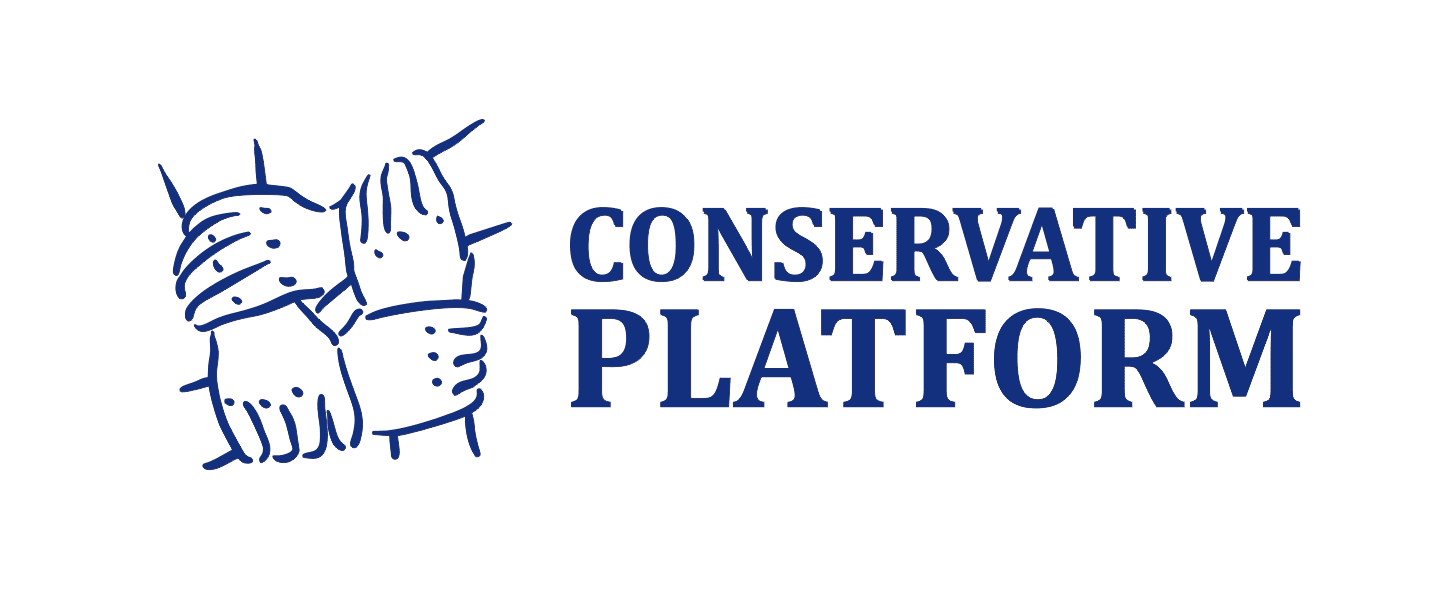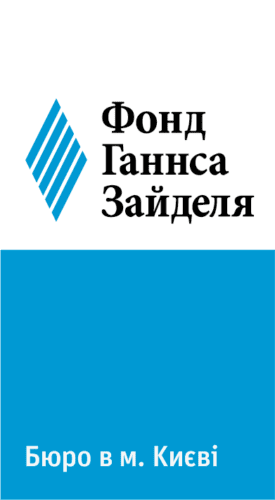At first glance, Ukraine today is more united than ever. Common enemy, common struggle, common blood. But the closer we look at the background of the big picture, the clearer the cracks in the social fabric become. They are not visible from distant stands, but they are tangible in conversations in buses, in comments under the news, in family disputes.
These are rifts that do not always tear society apart loudly, but constantly erode it from within: front and rear, city and countryside, West and East, believers of different faiths, languages, values, and experiences. All of this is not just diversity, but potential fault lines fueled by war, fatigue, distrust, and sometimes enemy propaganda.
And if we want not just to survive, but to win as a people, we need to sew ourselves back together. Not with slogans, but with meanings. Not by coercion, but by trust. Not out of sameness, but out of respect for difference. And it is here that Christian democratic thought provides us not only with a value basis but also with a practical roadmap.
1. The split is not an anomaly, it is a signal
The biggest mistake made by politicians and experts is to believe that splits are pathological. They are a natural reaction of a living society to stress, to challenges, to uncertainty. They cannot be abolished by law or silenced by decree.
Christian democracy understands society as a complex fabric of different identities, traditions, and voices. This tradition is not afraid of diversity; it seeks to unite it through the common good, not unification.
“Society is not a mechanism, but a communio – a community of people bound not only by rights but also by mutual responsibility,” the policy brief “Society” says.
In this context, any split is a signal of a loss of communication, a break in horizontal ties, and a decrease in trust. And it is trust that is the most scarce resource after two years of a great war.
2. Which schisms are the most dangerous today?
Front and rear
The silent irritation of those who are at war towards those who are not. And vice versa – a sense of guilt or defense of one’s own “normality” in the rear. This is a split in experience, and no law can remove it.
Socio-economic gap
Veterans return to cities where there are beauty salons and car dealerships, but no state services for rehabilitation, where officials do not understand what PTSD is, and where people with lost homes compete for rent with IT workers. This is a split in justice.
The information divide
One nation, but thousands of information bubbles. Telegram channels, niche media, bloggers – everyone creates their own version of reality. Ideological “we” and “they” are multiplying. This is a split of meanings.
Historical and cultural division
Despite decolonization, deep-rooted post-Soviet notions of the canon, “ours” and “others” still prevail in many regions, educational and church spaces. This is a split in identity.
3. Christian democratic approach: unity through dignity
The most powerful response to the split is not “peace at any cost” or “the victory of right-wing thought.” It is the restoration of the dignity of everyone.
The Christian democratic tradition speaks clearly:
- A person is not an object, but a subject of politics.
- Freedom is not unification, but the right to be yourself in a community.
- Solidarity is not charity, but a moral obligation of the strong to protect the weak.
This means that reconciliation is not when everyone is silent, but when everyone can speak out and be heard.
4. 4. How to “stitch”? Practical strategies
а) Localization and respect for regional experience
Give communities not only taxes, but also the right to vote in the formation of educational, cultural, and social policies. Not to align them with Kyiv’s model, but to create an opportunity to be themselves.
б) Common platforms for dialogue
Churches, schools, veterans’ centers, libraries, volunteer spaces should not only be institutions of service, but also spaces of conversation. Front and rear, liberals and conservatives, city and village should meet there.
в) Public rehabilitation of dignity
Official policy should not only “honor” defenders and victims, but should also restore their public place in the community. Through honoring, participation, and involvement in decisions.
г) Decentralization of media and content
Support for regional media, local bloggers, and community projects. The focus is not on sensations, but on bridges of understanding between different audiences.
д) Ethics of memory – without monopolies
History is not a weapon. It is a language of understanding. Christian democracy recognizes the importance of truth, but does not allow it to become an instrument of humiliation. We must teach a history that provides common ground, not just a common enemy.
5. Unity as a long work, not a moment of triumph
The Christian democratic concept of unity is not an absolutist agreement, but an ethical obligation to be together despite differences. This is the way – not through imposition, but through service. Through responsibility. Through love as a political, civic, and moral category.
“Victory is not only when the enemy retreats, but when we do not lose ourselves,” the logic of this approach reminds us.
Instead of an epilogue: the state is not a center, but a seam
We often talk about a “centralized state”. But in the Christian democratic vision, the state is not a center of power, but a seam that connects the parts. If the seam is made roughly, the fabric tears. If the structure is understood, it holds together.
The split is not a doom. It is an invitation to work. To a policy of respect, not pressure. To a culture of communication, not domination. To a society of responsible, not wounded, people.
And if we find the strength to build such a society, we will truly become a united nation.




